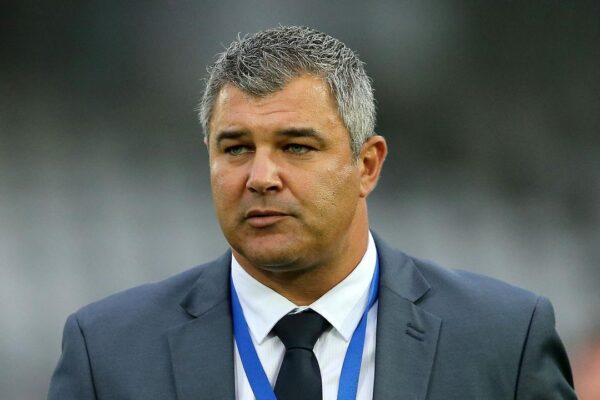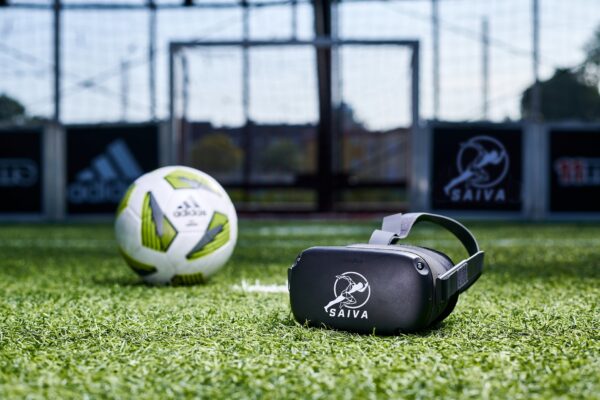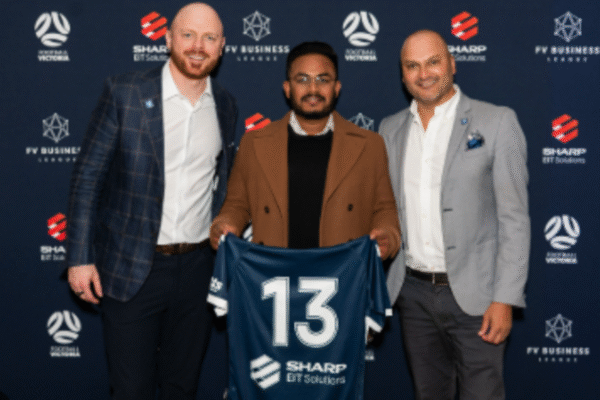
Football Australia has formally announced 26 clubs that have successfully proceeded to the Request for Proposal (RFP) phase of the National Second Tier (NST) competition.
After careful consideration, these clubs have met the specific criteria from the initial Invitation for Expression of Interest (EOI) phase.
The EOI phase saw a total of 32 clubs from across Australia express their desire for the NST competition.
During the next stage in RFP, there will be a distribution of comprehensive Bid Documents to the shortlisted clubs, including an information memorandum, NST related data, financial forecasts, key terms of a Club Participation Agreement, and draft transaction documents.
This phase will be conducted confidentially, running from May to July 2023. It will be followed by an assessment and recommendation phase (July to August 2023) and is anticipated to be completed by September to October 2023.
The NST competition is part of Football Australia’s 15-year strategy for the sport, which is aimed at realigning Australian football competitions.
The full list of 26 shortlisted clubs for the RFP phase are broken down into each state, as per the following:
| State / Territory (in alphabetical order) | Club (in alphabetical order) |
| Australian Capital Territory |
|
| NSW |
|
| Queensland
|
|
| South Australia |
|
| Tasmania |
|
| Victoria |
|

These clubs have been notified by Football Australia about their successful progression to the RFP phase.
Football Australia CEO James Johnson spoke about the significance of moving towards the next stage.
“We are delighted to announce the 26 shortlisted clubs for the National Second Tier competition, reflecting the passion and dedication that these clubs have shown in their pursuit of elevating Australian football.” he said.
“This significant milestone brings us one step closer to realising our 15-year vision for the sport, and we eagerly anticipate working hand-in-hand with these clubs to establish a thriving and sustainable National Second Tier competition.
“Together, we will shape the future landscape of football in Australia, offering new opportunities for growth and development while reconnecting and realigning our nation’s football competitions.”
The NST is predicted to begin in March 2024, containing 10-16 teams with a home and away league structure and finals, featuring 24 to 36 games. It is also mooted a group-based Champions League model could be implemented.
For more information about the NST application process, you can find it here.




















